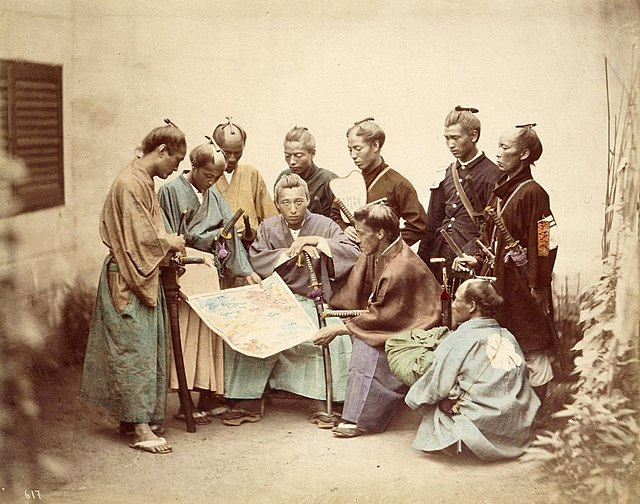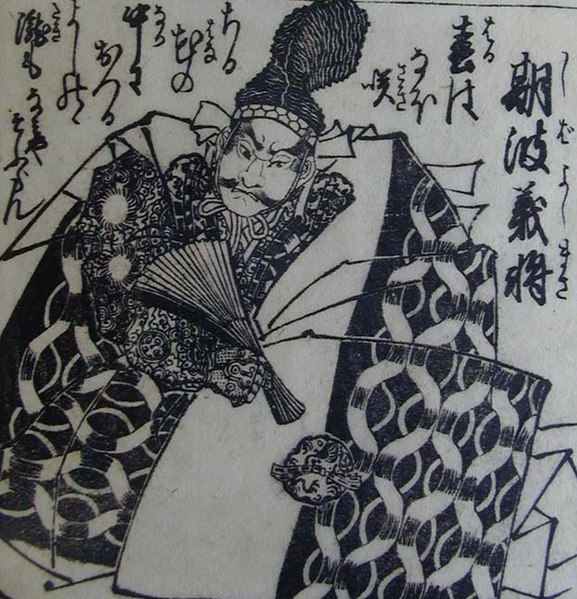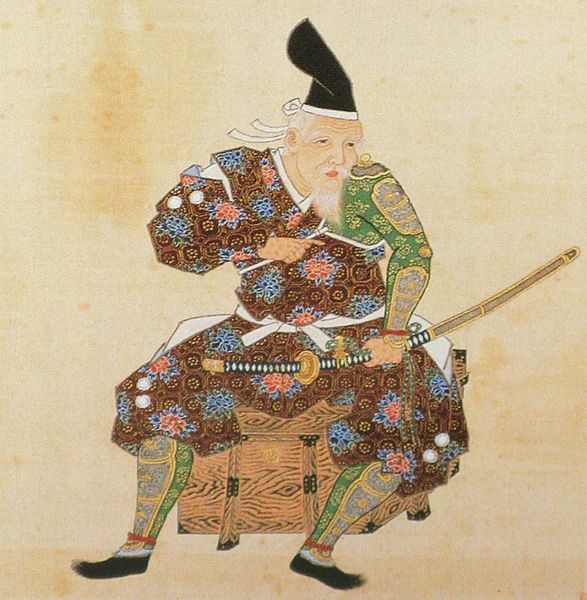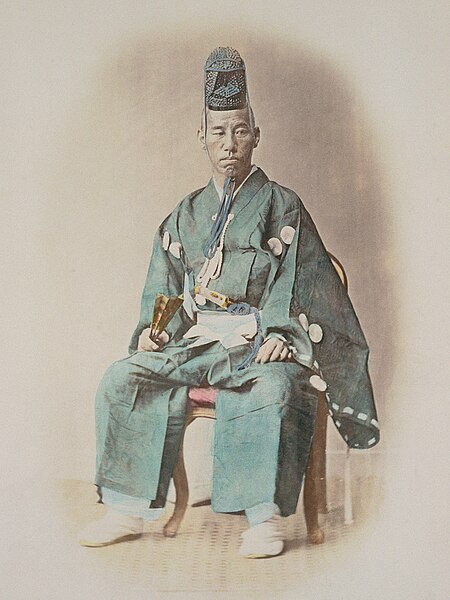Infinite photos and videos for every Wiki article ·
Find something interesting to watch in seconds
Tallest Buildings
Celebrities
Kings of France
Animals
Great Cities
World Banknotes
Great Museums
Countries of the World
Recovered Treasures
Famous Castles
History by Country
Great Artists
Largest Palaces
Orders and Medals
Presidents
Ancient Marvels
British Monarchs
Crown Jewels
Rare Coins
Best Campuses
Largest Empires
Wonders of Nature
Sports
Richest US Counties
Supercars
Wars and Battles
more top lists






